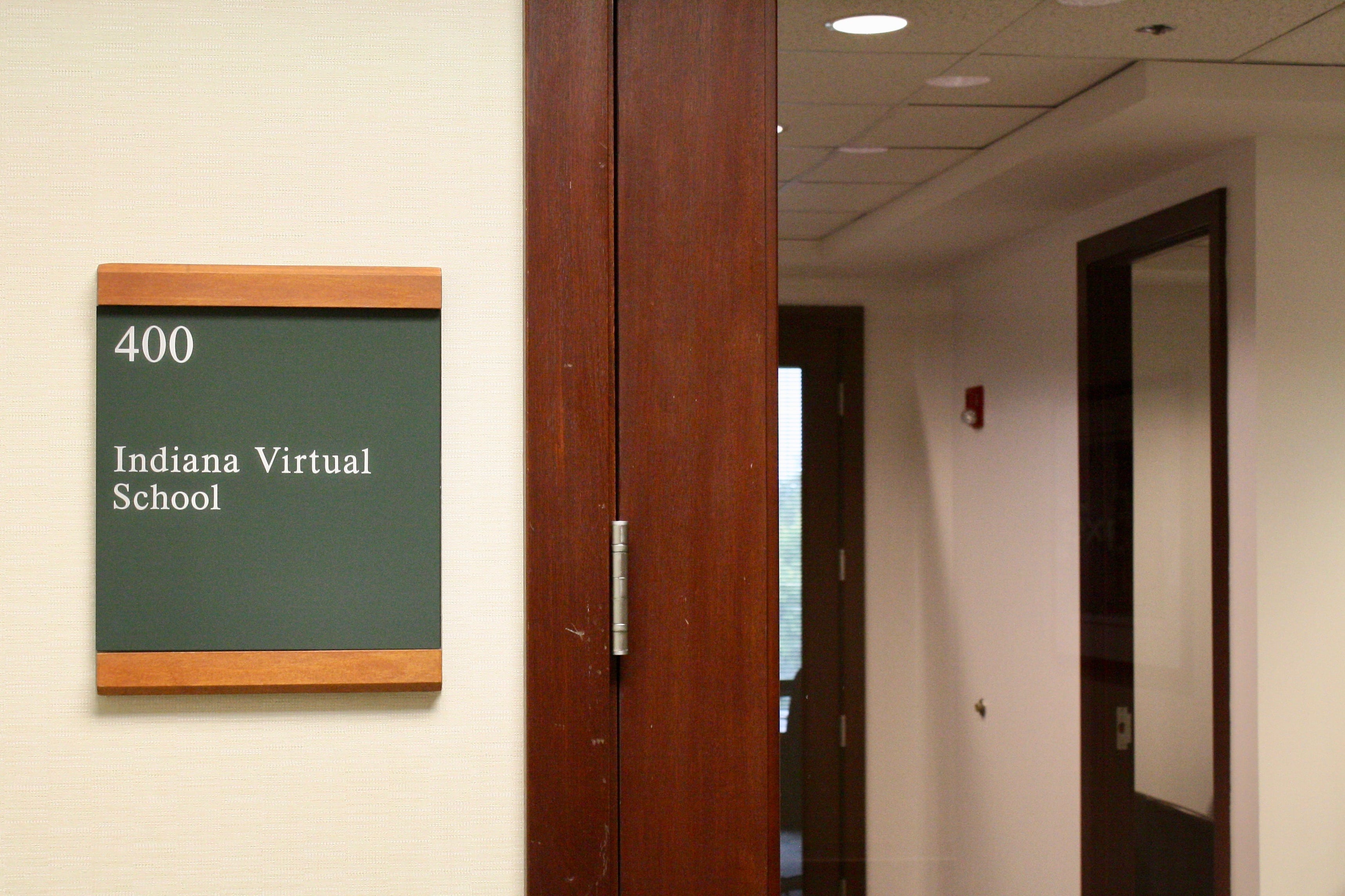Sign up for Chalkbeat Indiana’s free daily newsletter to keep up with Indianapolis Public Schools, Marion County’s township districts, and statewide education news.
The former superintendent of the two virtual charter schools at the center of a statewide enrollment scandal has pleaded guilty to a conspiracy to commit wire fraud.
Percy Clark has agreed to pay a judgment of roughly $1.3 million, the amount he received as part of what federal prosecutors have called a broader conspiracy to defraud the Indiana Department of Education, according to a plea agreement submitted to a federal judge last week.
If accepted by the court, the plea deal would be one step towards recovering funds from the alleged scheme that generated both a federal indictment and a separate lawsuit from Indiana Attorney General Todd Rokita.
Both cases allege that Clark, along with school founder Thomas Stoughton and other defendants, falsely inflated enrollment figures at Indiana Virtual Academy and Indiana Virtual Pathways Academy. Federal prosecutors allege they defrauded the state of $44.6 million. Rokita’s lawsuit has alleged $154 million in fraud.
The legal actions follow a 2017 Chalkbeat investigation that found enrollment at the schools ballooned, and that state funds went to a for-profit company founded by Stoughton. After both schools closed in 2019, a 2020 Indiana State Board of Accounts report called on the schools to repay over $85 million in state money.
It’s unclear what party would receive Clark’s $1.3 million payment.
Clark has agreed to forfeit other assets if he is unable to pay back the judgment in full. He has also agreed to 60 months of probation, the first 24 of which he would be confined to his home without an electronic monitoring device.
Clark initially faced 18 counts of wire fraud and 11 counts of money laundering in the federal indictment, but prosecutors have agreed to dismiss the remaining counts.
Clark’s attorney did not respond to a request for comment. A person who answered a phone number listed for Clark said that he was not home.
Plea agreement acknowledges ‘high probability’ of fraud
In the plea agreement, Clark admits that there was a “high probability” that the schools inflated enrollment and that “he avoided learning whether or not that was in fact the truth, which it was.”
Separate from the monetary judgment, Clark has also agreed that the scheme ultimately requires $44.6 million in total restitution which he and other defendants in the federal case are responsible for repaying. But it’s unclear how much of that he could end up paying, or whether the $1.3 million monetary judgment could count toward his portion of the total restitution. The federal case involving Stoughton and a third defendant, Phillip Holden, is ongoing.
Other former employees who also faced federal legal action will be responsible for paying back the $44.6 million in restitution as outlined in their plea agreements — although exact amounts per defendant are unclear.
School operations manager Christopher King pleaded guilty in November 2023 of conspiracy to commit wire fraud, according to court documents. Kyle Schroeder, a manager of student service representatives, also pleaded guilty to concealing a felony in March 2024, according to court documents.
Federal prosecutors have also alleged that Stoughton ultimately used state money to make over $40,000 in campaign contributions to Republican candidates in 2018. He is also accused of using state funds to purchase a Cadillac, gold coins, Tiffany jewelry, and tuition to the private Park Tudor school.
The state’s lawsuit — which also lists Stoughton’s wife, Rhonda Stoughton, as a defendant — is ongoing.
Amelia Pak-Harvey covers Indianapolis and Lawrence Township schools for Chalkbeat Indiana. Contact Amelia at apak-harvey@chalkbeat.org.





